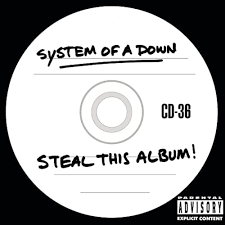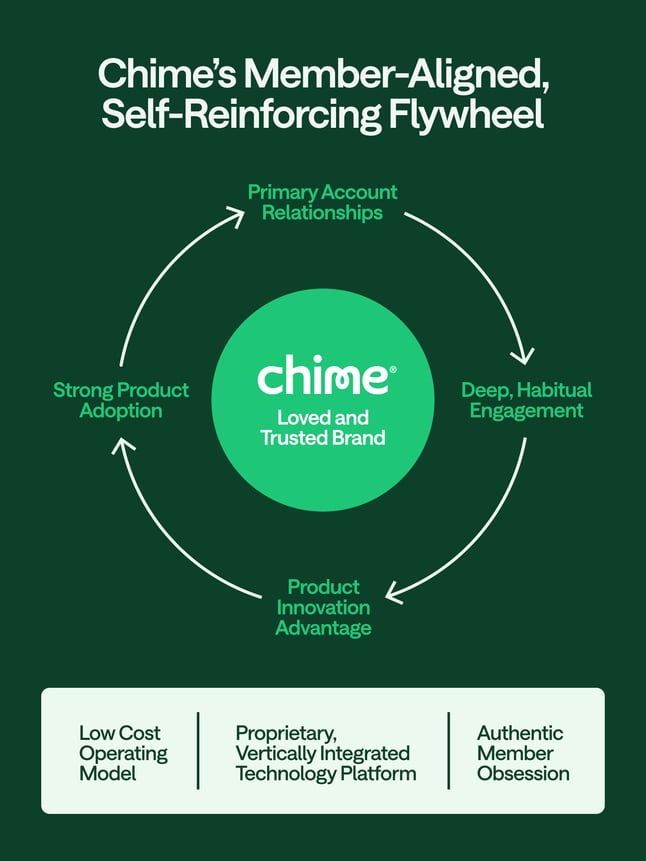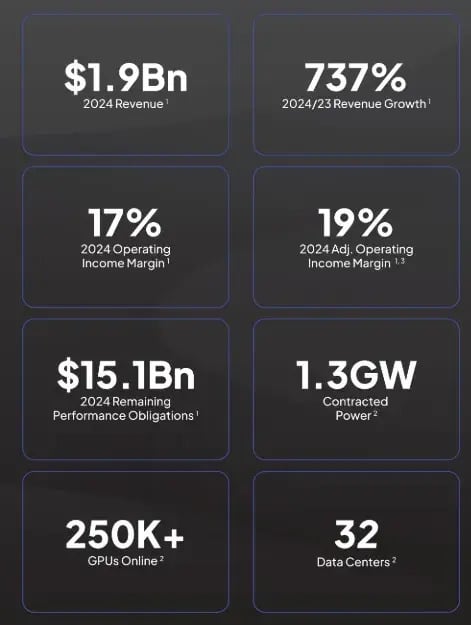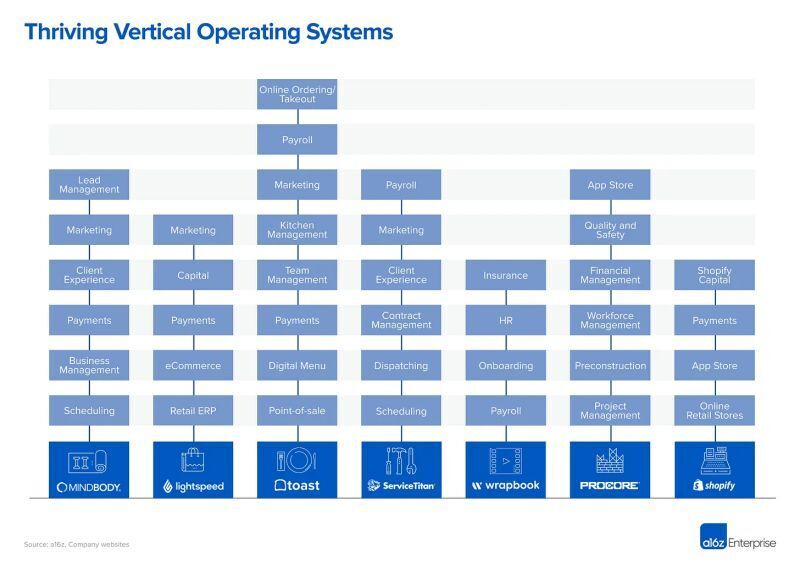
Revenue recognition shouldn’t slow your business down—but too often, it does. As a CFO, I’ve seen how rigid systems, compliance hurdles, and manual workarounds make closing the books a nightmare.
We put together this free report outlining the biggest revenue recognition challenges CFOs and controllers are facing—and what the right solution should look like. If revenue complexity is holding your team back, this will help you understand how to fix it.
Quick trip inside the mind of a mad man: Often I’ll be writing and want to reference something I wrote in the past. Rather than going to my own site, finding the Substack search bar, and typing in the piece, I’ll skip a step and quickly type into the google chrome bar “mostly metrics [a couple words from title]”
This has historically worked really well, because I’m a psychopath who’s written the equivalent of like four Steven King novels on metrics, so my SEO kicks ass (hell yea!). And, if I’m being really honest, it’s a nice ego bump to see yourself on the world wide web next to (and ahead of) other sites. I exist!
But this week I got pissed:
The google gravy train is over. In fact, as my friend of The Rebooting said, we’re heading for a world of Google Zero. Business owners need to plan for a place where we can’t depend on Google for new traffic or discovery. I’m feeling negative Ned today and would venture that it’s actually a step worse than that. Not only is it over, LLMs + “Big” Search are using our own work to compete against us.
This has an existential impact to not just media companies (like yours truly) but also anyone who depends on search to point potential customers to their product (hint: that’s everyone reading).
The Google Gravy Train is Over
To concentrate on the non-paid side of search discovery, the unwritten agreement we’ve had for the last 20 or so years was that if you wrote stuff that others found valuable, google would crawl, reference, and serve back your site for people to visit. In fact, Google’s founding mission was to get people out of Google and to what they were looking for as fast as possible.

The more people-first, value add, and relevant that content was, the higher you’d rank. And you could lean into the algo by optimizing for the words people were searching for, giving your site a little more juice.
(Yes, I’m way oversimplifying the search technology that has some of the smartest people in the world working on it, but also screw them because they rug pulled)

It seems like that agreement is over, or at least it’s not as mutually beneficial as it once was. The reality now seems to be if you do the hard work to write something people find valuable, google will crawl, reference, and serve them your info in a synthesized version, outside of your website, skipping the trip to your domain all together.

“No one anticipated some giant cyborg stealing all our content, synthesizing it with everything else, to come back and compete with us. And actively choosing to give us limited attribution or no compensation for this”
-Neil Vogel, CEO of Dotdash Merideth on the People vs Algorithms Podcast
Can’t Beat ‘em, join ‘em?
Then there’s the question (problem?) of WANTING to be plagiarized:
If I’m a SaaS tool for engineers that scans their code for vulnerabilities, there’s a good chance a buyer these days will ask ChatGPT or Claude to give them a succinct comparison of the pros and cons of each. There’s a huge incentive to get your product marketing content into the chatbot so it’s pushed back out to the reader as the best tool, coming from a “neutral third party”.
A friend yesterday showed me how he gave Perplexity his golf swing, his style of play, and the course he’s a member at, and asked it to recommend the best golf ball. You don’t think Titleist wants Perplexity to gobble up their content and serve it back to him as “deeply contemplated, neutral consumer research?” Of course they do.
In the words of System of a Down, Please Steal This Album!

From the perspective of a publisher, you’ve got a Catch 22 on your hands. Say “suck eggs” to the LLMs and they won’t link back to you at all, a weak consolation prize as it might be. Say go ahead, and they use your own content against you (without compensation).
And let’s be honest. Even if you hit “block” and they say they aren’t crawling your stuff anymore, LMAO they already did. And as far as future content goes, why would we trust a company like Google (or Meta, etc.) to not digest this data and print gold bullion via Gemini summaries? It’s not exactly an iron curtain we’re putting up. If we can launch space ships into the sky and catch them with a metal arm, we can get around a digital stop sign. Every company out there is doing something with data that would look gross if people knew.
There are no saints in search, and there’s no crying in the casino.
Where do we go from here?

Is getting angry at a technology like Google the same as getting angry at my toaster? Am I just Don Quixote attempting to fight electric powered windmills?

The universe does not care how much your website made last year. The universe does not care that companies like Chegg and StackOverflow are getting wiped out.
“You can’t be sentimental. You cannot care what worked yesterday because it doesn’t matter. The universe could not care less that your print magazine made $200 million dollars 10 years ago… Your job is to make things people love and get that in front of them in ways they value.”
-Neil Vogel, CEO of Dotdash Merideth on the Rebooting Podcast
To Neil’s point, the money part is easy if you get the audience part down. Aggregating valuable readers / users / customers is the hard part. And that takes being flexible in how you go about it, diversifying where they come from.
A member of a slack group I’m in made a good observation: maybe this wasn’t the best business model to begin with.
Depending on Google for discovery has a lot of platform risk. Perhaps it wasn’t meant to last.
If I try to be positive, it might actually be great for publishers like me. I’ve always been further down the funnel for advertisers trying to reach CFOs than Google Ad words and SEO. So perhaps those search budgets revert towards publications, like me, who have a valuable, engaged audience, built on trust and human qualities (and pics of our dogs eating ice cream).

Another silver lining is there’s a TON of crappy content out there. Everyone and their aunt has a Substack now. And many of them are filled with surface level, AI generated caliente garbage. Perhaps this will serve as a much needed cleansing, like when the rainforest burns down, clearing all the overgrown brush, and opening up the skyline for sun to nourish the life getting shielded.
At first I thought the game had completely changed over night while we were all sleeping (after plowing half our vc funding into google ad words for the last 20 years).
But there have always been different channels that give different ROI depending on the day month year.
OK, so do you hate Google?
“Google does what’s in the self interest of Google. And if I was running Google maybe I would do the same thing. Maybe I would steal less content or whatever, but essentially I’d have to do the same thing because that’s what box they put themselves in.”
-Neil Vogel, CEO of Dotdash Merideth on the People vs Algorithms Podcast
Neil’s share of traffic from search went from 65% to 35% last year. Those metrics are before the emergence of AI on the search results page. It was just Google doing Google things, well before Google started doing AI things. So it’s pretty clear…
This will inevitably lead to a world where Google puts up a zero for us all.
So how do you mitigate that risk?
One way is to set up economic structures that emerge to replace the page view structure. For publishers, licensing will be a larger component of their revenue. Content is being fed on a licensing basis to these centralized nodes because that’s where all the distribution is. We will be feeding ChatGPT.

To me, that feels very Black Mirror Esque. There was this one episode where people are required to cycle on stationary bikes to earn "merits," the currency of their world, which they can use for basic necessities and virtual goods. I don’t want that to be why I write stuff online. I don’t want to write just to feed the beast.
There are a few high profile licensing deals emerging. Reddit made a deal with OpenAI for $60M to ingest their data. That was actually a lot less than I thought it would be to access the minds of millions of trolls and degens…
Imagine if I called OpenAI to negotiate a deal for my Substack’s content licensing?
It’s like the Dave Chapelle skit where he calls to negotiate a hostage negotiation and the White House just hangs up the phone before he can tell them what the price is.
Systems using your content to compete against you sucks
But I’m realizing this is really just a subsegment of a game inside the game. It’s all a continual search for distribution. A search for alpha.
None of it is personal.
The game didn’t change, it just got more fierce.
And as pointed out in the Next Great Distribution Shift, this is a game that’s played out over and over and over again. It occurred when Facebook encouraged developers to build games and access incredible distribution, in exchange for helping them increase the velocity of building out their social graph. It happened when Apple invited developers to build applications at what seemed to be a reasonable rev share to create app lock in. And it happened again with LinkedIn, who offered unmatched distribution to creators to help make it a lively place rather than a static job database. Once all of these platforms got escape velocity, and got enough people into their walled gardens, they shut the door and pulled the ladder up.
Google’s SEO is just another moat tossed into the graveyard. And in retrospect, when comparing to the three networks above, it’s actually interesting it took this long for it to happen.

Ways to prepare for a Zero Google World
As someone who deals in resource allocation bets for a living, if we thought of Google as the tippity top of the funnel, we need to participate in areas of the funnel that are further down, but more fragmented (and require some more effort and thought).
Participation in hyper niche communities
Mobilizing customers as advocates through referral programs
Conferences making a come back? They might already be back.
Lean into audio, since the content isn’t summarized, and you need to tune in
Having other companies refer you to their customers, and vice versa
I’ll keep writing until they throw me out of the club. And the best way to grow, since the beginning of time, has been word of mouth. The Bible sold a lot of copies that way.
I’ve had the distribution engine in here all along. Historically it’s been many, many times more useful than Google. Corporations should think about this as well. How do you arm your customers to be advocates?
Starting today, if you share mostlymetrics.com with a Slack or Teams group of 25 people or more, and tell them to subscribe because it’s awesome, I’ll hook you up with a branded running hat. I had them made by my favorite brand Ciele in a far far away place called Canada.

Just respond back to this email with a screenshot of your message and the group it went to, and I’ll send you a link to get one.
Run the Numbers Podcast
I had Sarah Riley, CFO of DBT Labs on the podcast. We discussed:
What she learned as a leader at Zoom during COVID
Using your share price for M&A
Helmer’s 7 Powers
Being a systems thinker when designing a finance org
The current state of AI in finance
Quote I’ve Been Pondering
“When you understand that nobody wants to read your shit, your mind becomes powerfully concentrated. You begin to understand that writing/reading is, above all, a transaction. The reader donates his time and attention, which are supremely valuable commodities. In return, you the writer must give him something worthy of his gift to you.”
-Nobody Wants to Read Your Sh*t by Steven Pressfield







